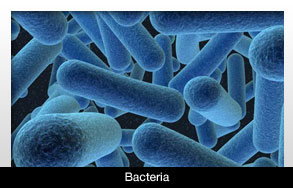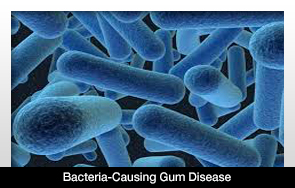 |
Parents don’t realize how easily they can pass harmful bacteria to children.
The bacteria from an adult’s mouth can end up a child’s mouth without much difficulty. But less than one third of American caregivers are aware this can happen.
This information comes from the 2011 Delta Dental Children’s Oral Health Survey.
The tooth decay-causing bacteria Streptococcus mutans can be passed from parent to child. One of the most common ways this happens is by transferring the saliva from eating utensils. Parents can also pass on the bacteria by using their mouth to clean a pacifier. Settings outside of the family, like at a daycare center, are also responsible for passing bacteria.
The problem is that about two out of five Americans claim they share utensils with their children. Caregivers of children age 2 to 3 are often the group most often known to share utensils.
Since babies are born without any harmful bacteria in their mouths they become more susceptible to developing cavities once the bacteria colonizes in the mouth.
To enable caregivers to prevent passing bacteria onto children, the first step is to make sure he or she has good oral health. By simply following a good oral health routine on their own, caregivers decrease the chances of passing on any bacteria to their kids.
It’s also essential to limit the amount of situations in which saliva can be transferred from one person to another. Sharing utensils, toothbrushes or anything else is not recommended.
It’s best for mothers and expecting mothers to only chew gum sweetened with xylitol. Recent studies have shown children whose mothers chewed gum with xylitol were not as likely to have any decay-causing bacteria present in their saliva.

|











